A Different Light – 1 February 2025 – Accessible tourism offers untapped potential
This week the newly minted Economic Growth Minister Nicola Willis announced changes to visitor visas, allowing visitors to work remotely for foreign companies whilst in New Zealand.
It’s to attract ‘digital nomads’ -people such as IT specialists and social media Influencers, who would be allowed to work here remotely for as long as they are not receiving any income from New Zealand sources.
These changes will apply to all visitor visas, including tourists and people visiting family, and take effect immediately.
Visitor visas can be extended for up to nine months, although the Minister warned that working in New Zealand for more than 90 days could require them to declare themselves as a New Zealand tax resident. The Digital Nomad initiative has been designed primarily to boost tourism. As we all know, the kiwi tourism industry was badly affected by the closure of our borders during the Covid-19 pandemic and is still nobly trying to “bounce back”, a phrase that our tourist industry must be heartily sick of! It is a nifty market to target, but here is an even niftier one.
The accessible tourism market. Now don’t all roll your collective eyes and think “Oh no! Here he goes again!” Might not be as sexy, but accessible tourism does make sound economic sense. Normally when tourism strategies are being developed (particularly in New Zealand) the people involved tend to stick stubbornly to the market analysis of visitors by country of origin. I am yet to hear about any tourist market analysis based on the age of visitors. The fact is that tourists who are seeking an accessible holiday experience are usually the older traveller. Makes sense when you recall that 50% people over the age of 60 have a disability of one sort or another, that the majority of those are mobility impairments.
Worldwide stats tell us that approximately 20% of travel enthusiasts are aged 65 and older. This group often has more leisure time and disposable income, enabling them to embark on extended bucket trips. Their financial stability allows for longer and potentially more luxurious travel experiences. Treasury should be rubbing their hands together, because this makes the older tourist a very lucrative market segment. It is a big one too because it’s global. This market voraciously seeks an accessible visitor experience- often as a die in ditch essential.
The cruise ship Industry realised all this yonks ago. Cruise lines have recognised the growing demand for accessible travel and invested significantly in ensuring their ships can cater to a wide range of physical, sensory, and cognitive needs, making them a leading option for inclusive travel. Cruise ships not only provide an accessible environment- their staff are highly trained to give exceptional customer service to people with impairments. The cruise Industry has not gone to such lengths to be nice, or out of some kind of quest to improve their ethical image. No, no, no! They have done this to cater for this lovely, lucrative global tourist market, globally worth $168.6 billion in 2023 (and it was then still recovering from Covid!).
Nearly a decade ago Tiaho Trust invested a considerable amount of time and resource into putting together a plan to make Northland a desirable place for visitors both domestic and international, to have an accessible experience in Tai Tokerau. In order to do this, certain things need to be in place, accessible travel from Auckland and around the region, accessible accommodation and accessible offerings for people to engage while they are here. All of these components need to be articulated in an effective marketing campaign. Northland has fantastic potential for this to happen, with its warmer climate, exquisite scenery and authentic cultural encounters. At the time our plan didn’t get much traction with our local tourism industry. It was just after the global financial crisis. Later I reflected that perhaps we were just ahead of our time. Last year, three councils, the Whangarei District Council, the Far North District Council, and the Northland Regional Council (let’s not mention the Kaipara District Council) adopted the Tai Tokerau Regional Accessibility Strategy. A strategic plan that addresses all the components needed to make Tai Tokerau an inclusive destination for the, lets call it, quite sexy global tourist market. I mean who wouldn’t want to see me in an Panama hat and open neck Hawaiian shirt ?
Jonny Wilkinson is the CEO of Tiaho Trust – Disability A Matter of Perception, a Whangarei based disability advocacy organisation.
